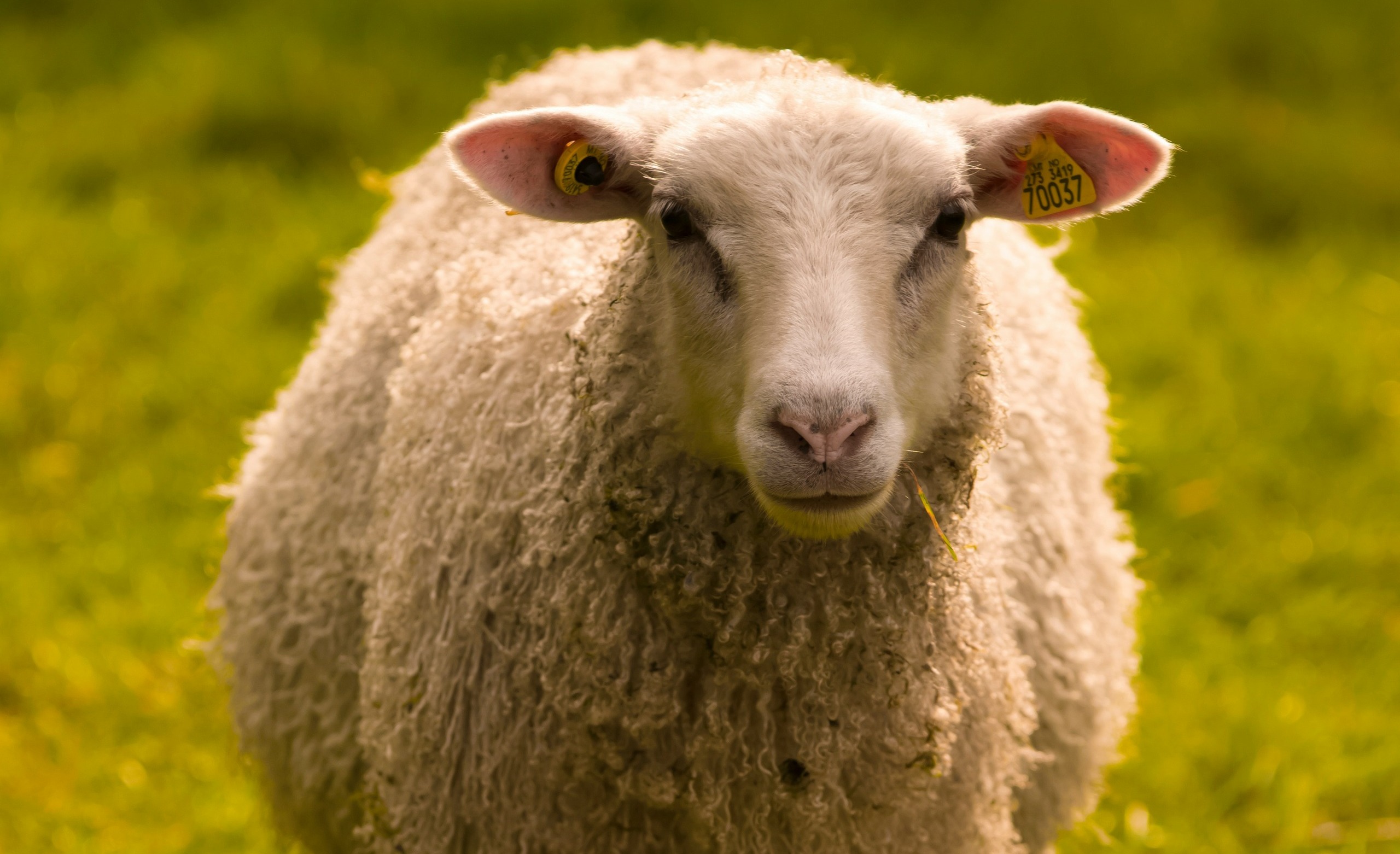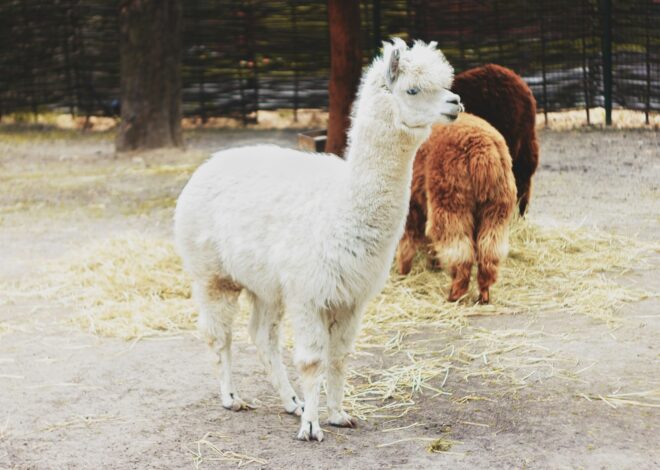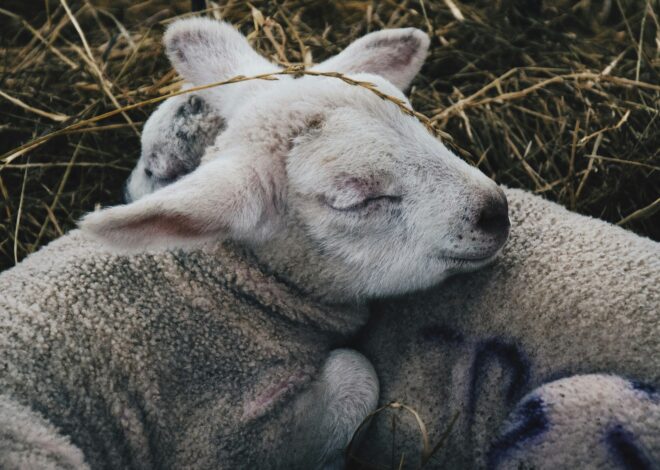
How To Raise Sheep
If you’ve ever considered how to raise sheep, you’re in for an adventure filled with learning opportunities. Raising sheep can be a rewarding and fulfilling venture. Whether you’re drawn to the idea of having a sustainable source of meat, wool, or companionship, there’s something special about tending to these gentle creatures.
Sheep farming offers a unique blend of agriculture and animal husbandry that appeals to both hobbyists and aspiring farmers alike. From choosing the right breed to understanding their dietary needs, each step brings its own set of challenges and joys.
This guide will walk you through everything you need to know about raising happy and healthy sheep while maximizing your potential for success in sheep farming. Let’s dive into the world of fluffiness!
Choosing the Right Breed of Sheep
Choosing the right breed of sheep is crucial for a successful farming venture. Different breeds have unique characteristics that make them suitable for various purposes. If you’re interested in wool production, consider Merinos.
They are renowned for their fine fleece and adaptability to different climates. On the other hand, if meat is your focus, look into Suffolk or Dorper breeds, which are known for their rapid growth and high-quality carcasses. For those new to sheep farming or with limited space, mini-breeds like Nigerian Dwarfs can be ideal.
These smaller animals require less feed and provide both milk and companionship. Don’t forget about breed temperament. Some sheep are more docile than others, making handling easier as you learn the ropes of shepherding. Research thoroughly and choose a breed that aligns with your goals and lifestyle preferences before diving in!
Housing and Fencing for Your Sheep
Creating a comfortable and secure environment for your sheep is essential. Proper housing protects them from extreme weather conditions. A well-ventilated barn or shed works wonders during hot summers and chilly winters. When designing the space, ensure it’s spacious enough to prevent overcrowding.
Sheep need room to roam, lie down, and socialize without feeling cramped. Fencing is equally important. Strong fencing keeps predators out while ensuring your flock stays safe within designated boundaries. Stock fencing combined with barbed wire can be an effective solution.
Regularly inspect fences for wear and tear. Repair any damage promptly to maintain security for your sheep. Consider adding shade structures in pastures as well, especially during sunny days. This small addition can make a big difference in their comfort levels throughout the year.
Feeding and Nutrition for Healthy Sheep
Feeding sheep is essential for their health and productivity. A balanced diet ensures that they grow strong and produce high-quality wool or meat. Start with quality pasture. Fresh grass, legumes, and clover provide necessary nutrients. Rotate pastures to prevent overgrazing.
Supplement their diet with hay during winter months or when grazing is limited. Ensure it’s free from mold and dust. Mineral blocks are crucial too. Sheep require specific minerals like copper, selenium, and zinc for optimal growth. Grains can be added but should be given in moderation.
Overfeeding grains may lead to digestive issues. Always have fresh water available. Hydration is key to keeping sheep healthy and preventing stress-related illnesses. Regularly evaluate your feeding strategy based on the sheep’s life stage—lambs, ewes, rams—all have unique nutritional needs that must be met for overall well-being.
Caring for Pregnant Ewes and Lambs
Caring for pregnant ewes requires attention and knowledge. Start by providing a balanced diet rich in nutrients. Extra protein and energy during gestation are essential for healthy lamb development. Monitor their weight regularly. Underweight or overweight ewes can face complications during delivery.
Adjust feed accordingly to maintain an ideal condition. Create a calm environment as they approach lambing season. Stress can lead to difficulties, so keep disturbances minimal. Ensure that the bedding is clean and dry in their shelter. This helps prevent infections and keeps both the ewe and her lambs comfortable.
After giving birth, watch closely for any signs of distress in the mother or lambs. Early intervention is key if problems arise, such as failure to nurse or abnormal behavior. Regular check-ups with your veterinarian will also ensure that all health aspects are covered during this critical phase of sheep farming.
Common Health Issues in Sheep and How to Prevent Them
Sheep can face several health challenges, and being vigilant is key. One common issue is parasitic infections, particularly from worms. Regular deworming schedules and fecal tests help keep these pests at bay. Another concern is foot rot, which thrives in wet conditions.
Maintaining dry living spaces and routinely inspecting hooves are effective preventive measures. Respiratory problems often arise due to poor ventilation or overcrowded environments. Providing adequate space and fresh air minimizes the risk of pneumonia.
Additionally, watch for signs of nutritional deficiencies like wool break or poor growth rates. A balanced diet rich in minerals ensures strong immune systems. Conduct regular health checks on your flock to spot any unusual behavior early. Prompt intervention can make all the difference in keeping your sheep healthy and thriving.
Marketing Your Sheep Products
Marketing your sheep products effectively can open up new avenues for profit. Whether you raise sheep for wool, meat, or milk, having a solid marketing strategy is essential. Start by identifying your target market. Are you catering to local consumers, restaurants, or specialty stores?
Knowing who will buy your products helps tailor your approach. Utilize social media platforms to showcase your farm and connect with potential customers. Share engaging content such as behind-the-scenes videos of daily life on the farm or tips on how to cook lamb dishes.
Consider attending farmers’ markets and agricultural fairs. These venues provide excellent opportunities to meet customers face-to-face and build relationships within the community. Building an online presence through a website allows you to reach a broader audience.
Include detailed information about your farming practices and product benefits to instill confidence in potential buyers. Networking with other farmers can also lead to collaborative marketing efforts that benefit everyone involved.
The Benefits of Raising Sheep
Raising sheep offers a multitude of benefits for both novice and experienced farmers. They are relatively low-maintenance animals, making them an excellent choice for those new to agriculture. Sheep provide multiple products, including wool, meat, and milk.
This versatility allows you to diversify your farm’s income streams. Wool is particularly valuable; it can be spun into yarn or used in various textile applications. Additionally, sheep play a vital role in pasture management. Their grazing habits help control weeds while promoting healthy soil ecosystems. By keeping pastures well-groomed, they contribute to sustainable land use.
Socially and emotionally, raising sheep can also be rewarding. These gentle creatures often form bonds with their caregivers and can bring joy through their interactions. Moreover, small-scale sheep farming requires less space than many other livestock options, making it accessible even for urban dwellers looking to start a homestead project.
Challenges of Raising Sheep
Raising sheep can be rewarding, but it comes with its own set of challenges. One significant hurdle is managing their health. Sheep are susceptible to various diseases and parasites that can affect their well-being. Weather conditions also pose a challenge.
Extreme heat or cold can lead to health issues if proper shelter isn’t provided. Keeping them comfortable requires careful planning and timely interventions. Another consideration is the need for ample pastureland. Overgrazing can damage the land, making it essential to rotate grazing areas regularly.
This practice helps maintain healthy grasslands. Moreover, securing adequate fencing is critical; sheep are notorious escape artists! Ensuring your perimeter is strong enough will save you from unexpected trips around the neighborhood chasing wayward sheep. Finding time for daily care adds another layer of complexity to sheep farming life amidst other commitments.
Conclusion: Raising Your Own Sheep
Raising your own sheep can be a rewarding venture. It offers a chance to connect with animals and nature while providing various products like wool, meat, and milk. The process requires dedication and knowledge but pays off in more ways than one.
You’ll learn about animal husbandry, improve your farming skills, and even enjoy the satisfaction of nurturing life from birth to maturity. As you embark on this journey, remember that every farmer’s experience is unique. Whether for personal enjoyment or commercial purposes, raising sheep opens doors to countless opportunities.
With proper care and management, your flock can thrive, making it a fulfilling part of your life for years to come. Exploring the world of sheep farming may lead you down exciting paths and offer new adventures along the way.
The joy of watching lambs frolic in the pasture or sheer wool during shearing season brings immense satisfaction unlike any other hobby or profession could provide. Embrace this endeavor as an enriching chapter in your agricultural story!



